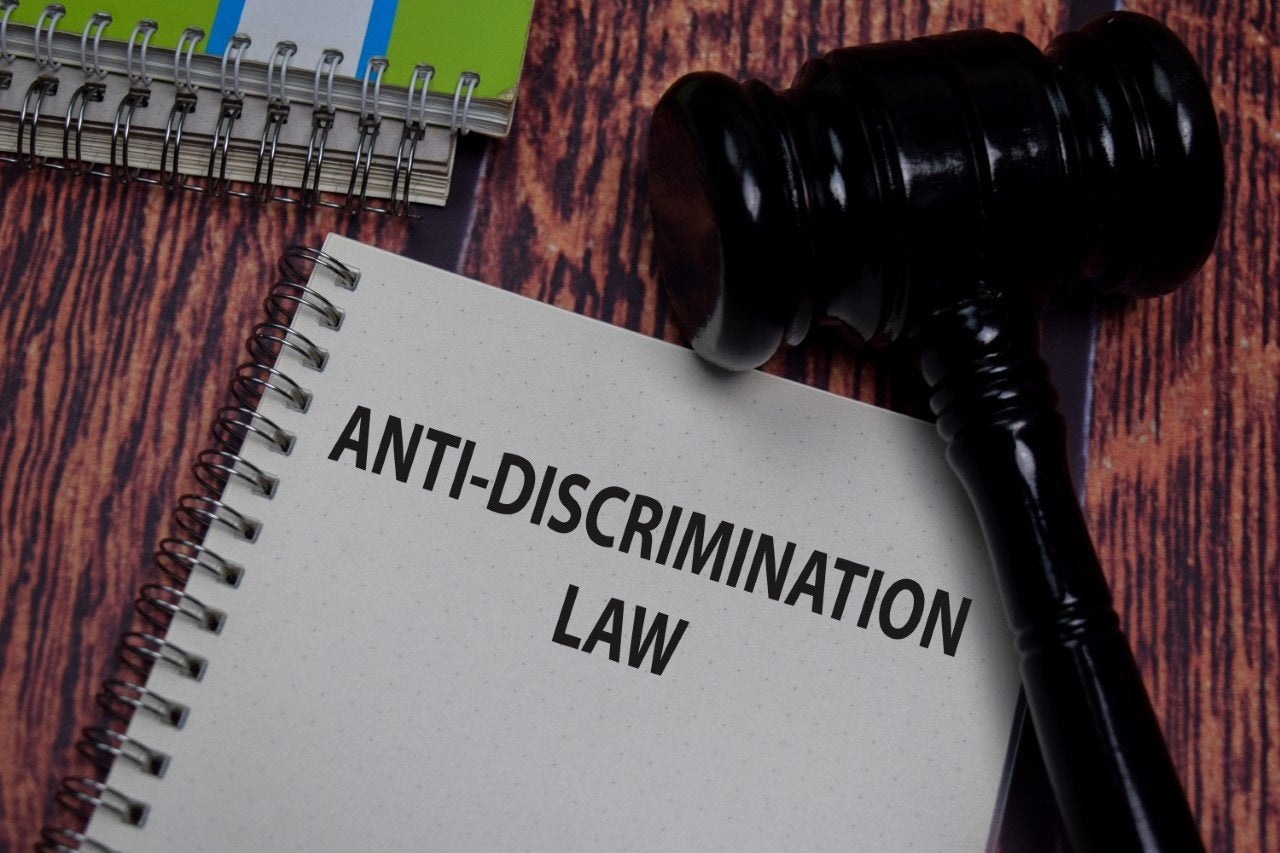A work session on April 29, 2021 gave Augusta commissioners a chance to look over a first draft of the anti-discrimination ordinance.
More questions than answers came out of the hour-long session, including requests for details or clarification on specific language in several sections of the proposal. Commissioners also want to know the bottom line – how much will this cost and whether additional staff will be needed to enforce it.
City Attorney Wayne Brown explained this is simply the first draft. Commissioners can make changes, additions and establish specific guidelines and definitions before any final ordinance is approved.
MORE: A Look at Anti-Discrimination Ordinances Across Georgia
Much of the proposed Augusta ordinance follows similar legislation in effect in at least seven other Georgia cities. It uses the same definitions in those existing ordinances for protected groups, such as age, sex, national origin, religion and sexual orientation. Augusta’s ordinance also includes the definitions of what constitutes unlawful practices as outlined in ordinances in effect in the other cities.
One area of difference is how complaints are filed and enforced in Augusta.
The proposed Augusta ordinance places initial responsibility on the city’s Compliance Department.
A complaint must be filed with the Compliance Department, in writing, within 90 calendar days of when the alleged violation occurred. The department will serve a copy of the complaint on the alleged violator within 14 calendar days. The complaint then goes to nonbinding mediation. If either side is dissatisfied with the outcome, the Compliance Department will have the Marshal’s Office notify both parties, calling them to appear for a hearing in civil and magistrate court which can lead to a trial if necessary.
[adrotate banner=”29″]
The cities with an anti-discrimination ordinance in effect said they have received no complaints.
Cost and staffing were a concern. Several commissioners asked if enforcing the ordinance will place a burden on the departments involved if extra personnel would need to be hired and projected costs. Administrator Odie McDonald said that is another area commissioners can address.
“You want to make it the smallest cost to the city for the biggest bang for your buck,” said McDonald.
Some commissioners wanted more information on specific sections.
For example, District 10 Commissioner John Clarke asked about who will do the mediation and how the mediators are trained.
District 1 Commissioner Jordan Johnson brought up the provision allowing employers to require employees to follow a “reasonable and equitable dress and grooming standard.” Johnson asked who determines what is reasonable, including dreadlocks and braids.
City Attorney Brown said those are the types of things the commissioners can decide before a final ordinance is ready for a vote.
Commissioners and the city attorney agreed on one thing: more information is needed before any ordinance is ready. They want input from citizens and the business community. Options to get that feedback include conducting a survey and holding town hall style meetings.
[adrotate banner=”19″]
Commissioners also want to hear staffing concerns from the departments and offices that will handle complaints and enforcement.
The impact on businesses is what concerns District 3 Commissioner Catherine Smith McKnight.
“We need to look at this longer,” said McKnight.
District 8 Commissioner Brandon Garrett was not at the workshop, but Augusta businesses tell him they are concerned about the impact this will have at the local level.
MORE: Augusta Commission To Consider Discrimination Ordinance
“They say they already have federal and state discrimination guidelines to follow and don’t want to add something more. Some even think it may prevent future businesses from locating in Augusta,” Garrett added.
“No time frame was set for future workshops,” Commissioner Clarke said. “If we rush it, we’re going to get it wrong.”
Dana Lynn McIntyre is a Staff Reporter with The Augusta Press. You can reach her at dana@theaugustapress.com.
[adrotate banner=”50″]












